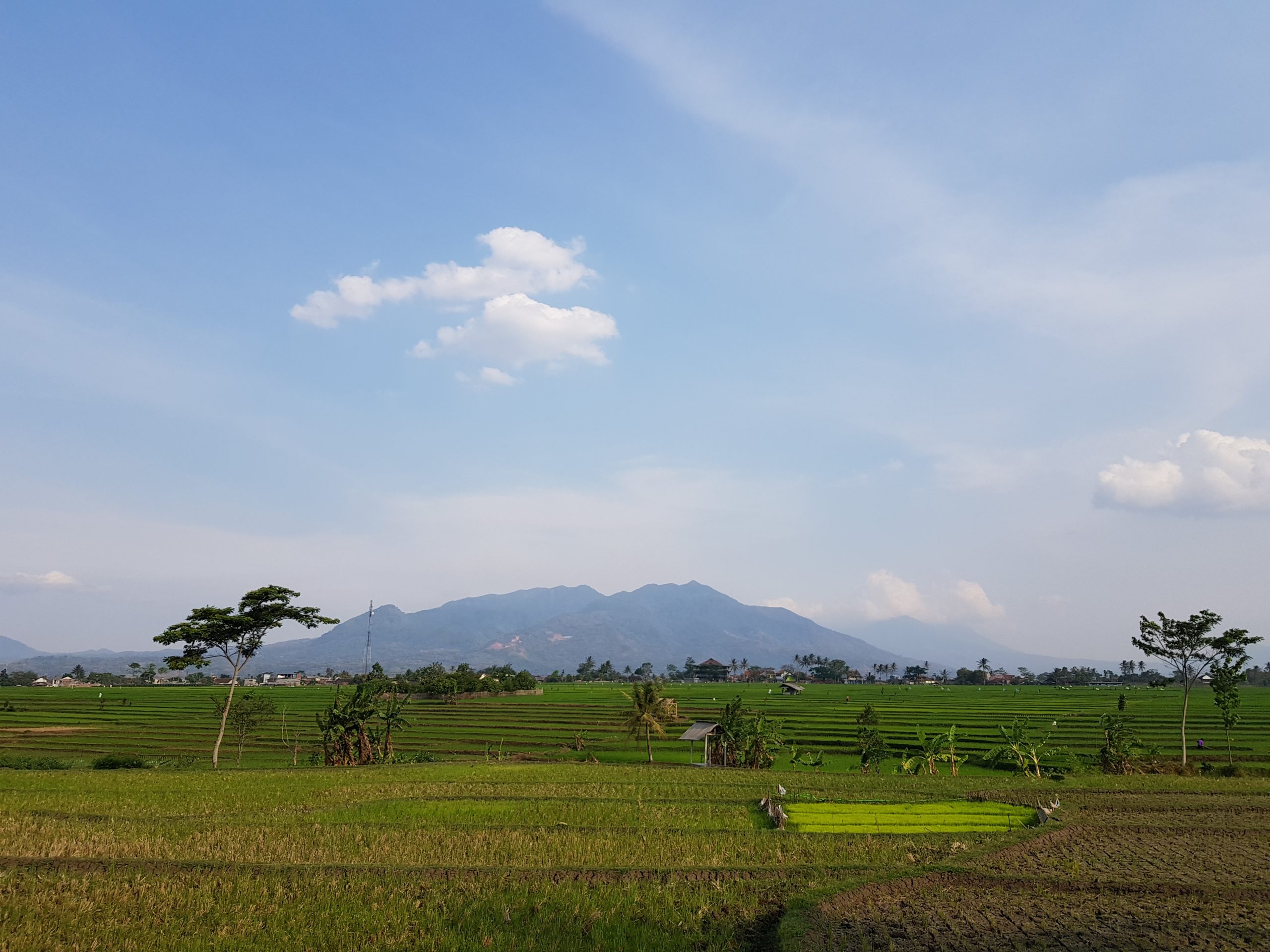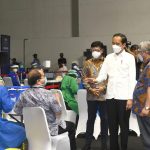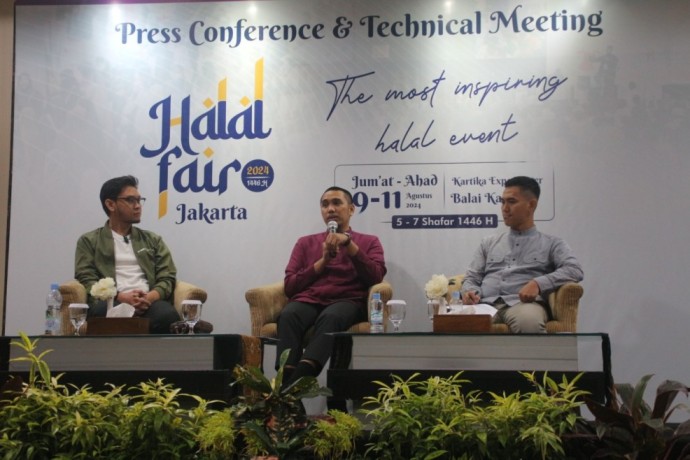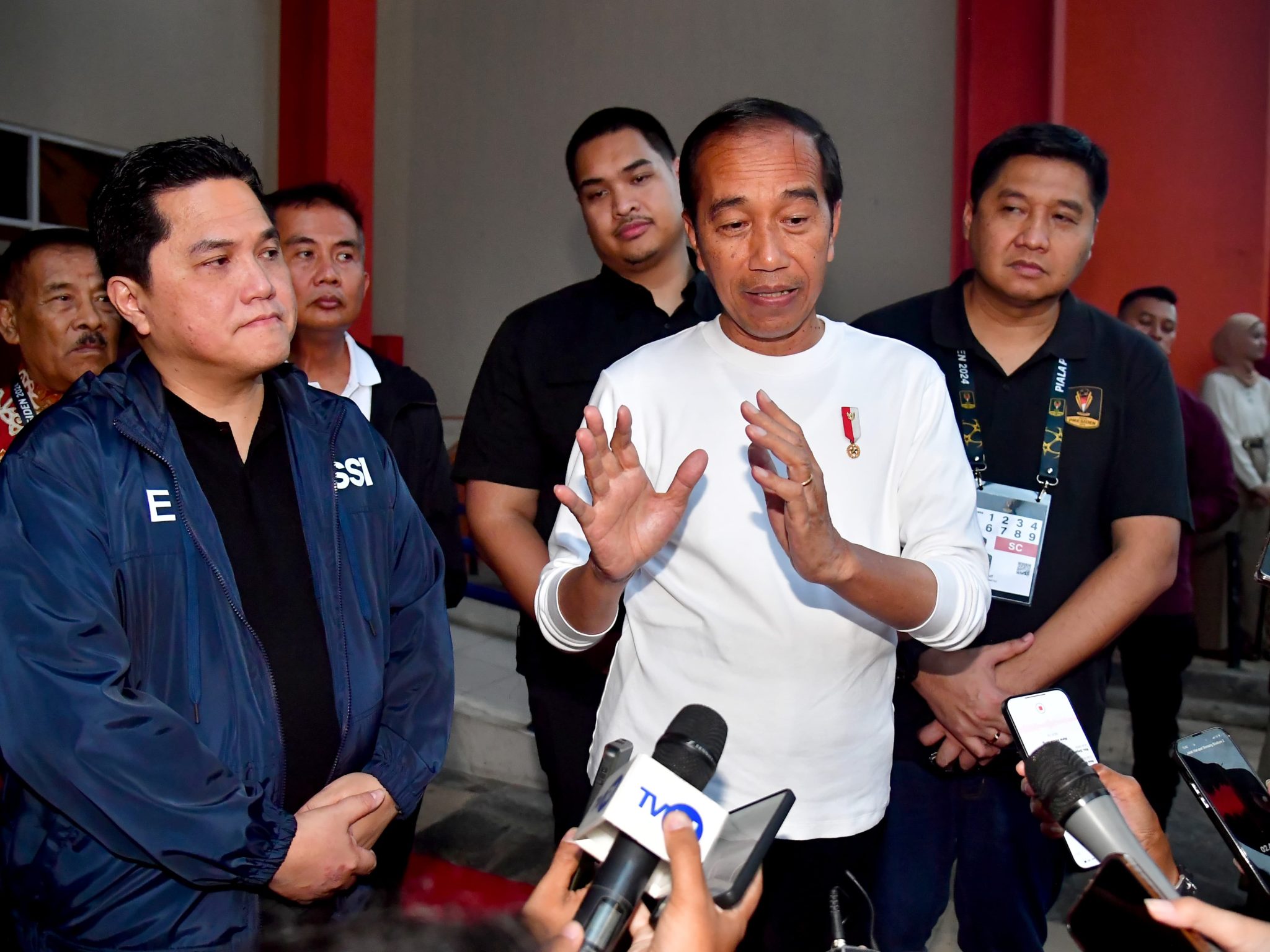Indonesia’s food estate for paddy in C Kalimantan covers 32 thousand hectares

Jakarta (Indonesia Window) – Indonesia’s national food estate in Central Kalimantan province is expected to be planted with paddy in early October 2020, covering an area of 32,000 hectares.
“For paddy fields development, we start with irrigation channels and access facilities improvement,” Minister of Public Works and Housing Basuki Hadimuljono said during a working meeting on the food estate development project here on Tuesday (Sep 1).
The minister pointed out that paddy planting is the initial stage of developing the national food estate which covers an area of 32,000 hectares, consisting of 30,000 hectares in well-irrigated rice fields, and 2,000 hectares in Dadahup district.
The planting programs will continue in 2021 covering an area of 133,000 hectares, so that by the end of 2021 the national food estate area will cover 165,000 hectares.
The development of paddy estate will be led by the Ministry of Agriculture.
In addition to paddy, the food estate lands will also be planted with cassava.
According to Minister Basuki, the cassava plantation will cover an area of 60,000 hectares.
In the 2020-2021 period, the government will work on 30,000 hectares of lands in three districts, namely, Gunung Mas, Pulang Pisang, and Kapuas.
The remaining 30,000 hectares, most of which are in Murung Raya district, will be developed in 2021.
The Ministry of Defense has been appointed as the leading sector for the development of the cassava food estate.
“The Ministry of Defense will mobilize the Indonesian Army Corps of Engineers to carry out land clearing and land grabbing for cassava plantations. This work is easier than preparing rice fields as they should be completely flat in order to be properly irrigated,” the minister said.
In order to provide good irrigation, the Ministry of Public Works and Housing is carrying out rehabilitation and improvement of irrigation channels, which include primary, secondary, tertiary and quaternary irrigation systems.
Besides infrastructures, the food estate development also requires reliable human resources, which are being prepared by the Ministry of Defense and the Ministry of State-owned Entreprises.
Deputy Minister of State-owned Enterprises Budi Gunadi said the government will hold a reserve component program to prepare those who will work on the national food estate.
“We will recruit people voluntarily, mainly locals, with ages between 28 and 35 years old. They will join the reserve component program in about four months to train them how to farm,” he said.
Reporting by Indonesia Window










